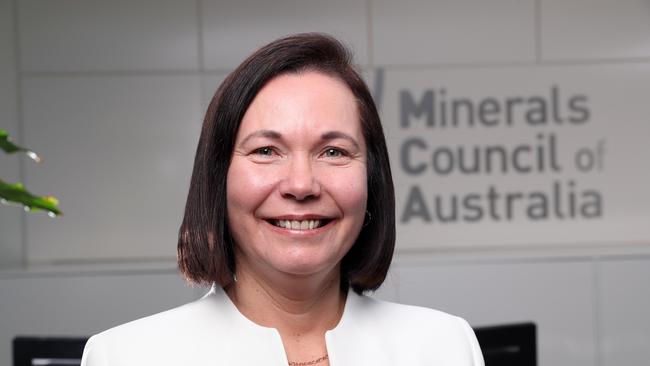Coal: Reliable, affordable, clean
The minerals industry acknowledges sustained global action is required to reduce the risks of climate change.

What am I?
I am used in soap, aspirins, solvents, dyes, plastics, rayon and nylon; I am one of the most high-tech industries in Australia, paying corresponding high wages; I am a major pastoral holder; a regional employer and investor; our principal source of electricity; a key input to iron, steel and cement, and Australia’s largest export earner.
The answer is, of course, ‘coal’.
Australia is the fourth-largest producer, the second-largest exporter and has the fourth-largest reserves of coal in the world. Most of Australia’s recoverable black coal is located in Queensland and NSW, while all of its recoverable lignite is located in Victoria.
When many of us think of coal, we think of electricity — and currently coal accounts for 60 per cent of Australia’s total electricity generation. For those of us living in NSW, Victoria and Queensland, coal provides four out of every five electrons we use.
Coal is a reliable and affordable source of electricity, and has helped to keep electricity prices down for decades and reduce pressure on household budgets.
Coal is also a source of energy for Australian manufacturers and industries like steel, cement and aluminium. Australia’s high quality coal is a critical ingredient in producing our steel and cement — the foundations on which every building in Australia is laid.
Other countries benefit from the huge export potential of our coal. And the coal we export provides access to reliable, affordable energy for millions of people around the world.
The International Energy Agency sees an important role for coal into the future, with Asia’s coal usage predicted to increase by 12.4 per cent by 2040. Australia, given its high quality coal, is projected to increase its share of exports to Asia by 22 per cent, which will provide ongoing jobs and investment in Australia’s regions.
To realise this potential future demand for coal and meet the global climate challenge, the coal industry and other stakeholders are working together to develop low emissions coal technologies. Governments need to work with industry to ensure sensible policies are in place to allow the development of our coal while meeting environmental and social objectives.
The Australian minerals industry acknowledges that sustained global action is required to reduce the risks of human-induced climate change and supports a measured transition to a low emissions global economy. Reducing emissions, ensuring reliable and affordable energy supplies and allowing developing nations to raise their standard of living will require a mix of technologies in coming decades.
To meet the need for affordable, reliable and cleaner energy, new coal power stations are being built in large numbers around the world along with gas, renewables (wind, solar, solar-thermal and hydro) and nuclear power.
These modern coal power station technologies reduce emissions from coal-fired electricity generation and, when used with carbon capture and storage technologies, have the potential to reduce emissions to almost zero.
Modelling by the IEA and IPCC shows that without CCS, meeting climate goals will be significantly more expensive. So investment is vital in meeting those goals in a cost-effective way.
Australia is contributing to the global CCS effort, including through the coal industry’s voluntary COAL21 initiative. As a result, we have a greater understanding of the technical and financial viability of different technologies as well as locations for CO2 storage. The COAL21 Fund recently committed to fund a range of projects over another 10 years to 2027.
Through this Australian effort and the 23 large projects in operation or under construction around the world, we are already removing the equivalent of eight million cars off the road every year.
As we learn from each new project, the costs are starting to come down. By advancing low emission fossil fuel technologies Australia can support their commercial viability worldwide, contribute to the global development of safe and reliable CCS and promote a practical means of significantly reducing greenhouse gas emissions.
By working together, we can continue to generate thousands of jobs and billions of dollars in wealth for all Australians from developing our vast energy resources in a carbon-constrained world.
Tania Constable is CEO of the Minerals Council of Australia.

To join the conversation, please log in. Don't have an account? Register
Join the conversation, you are commenting as Logout